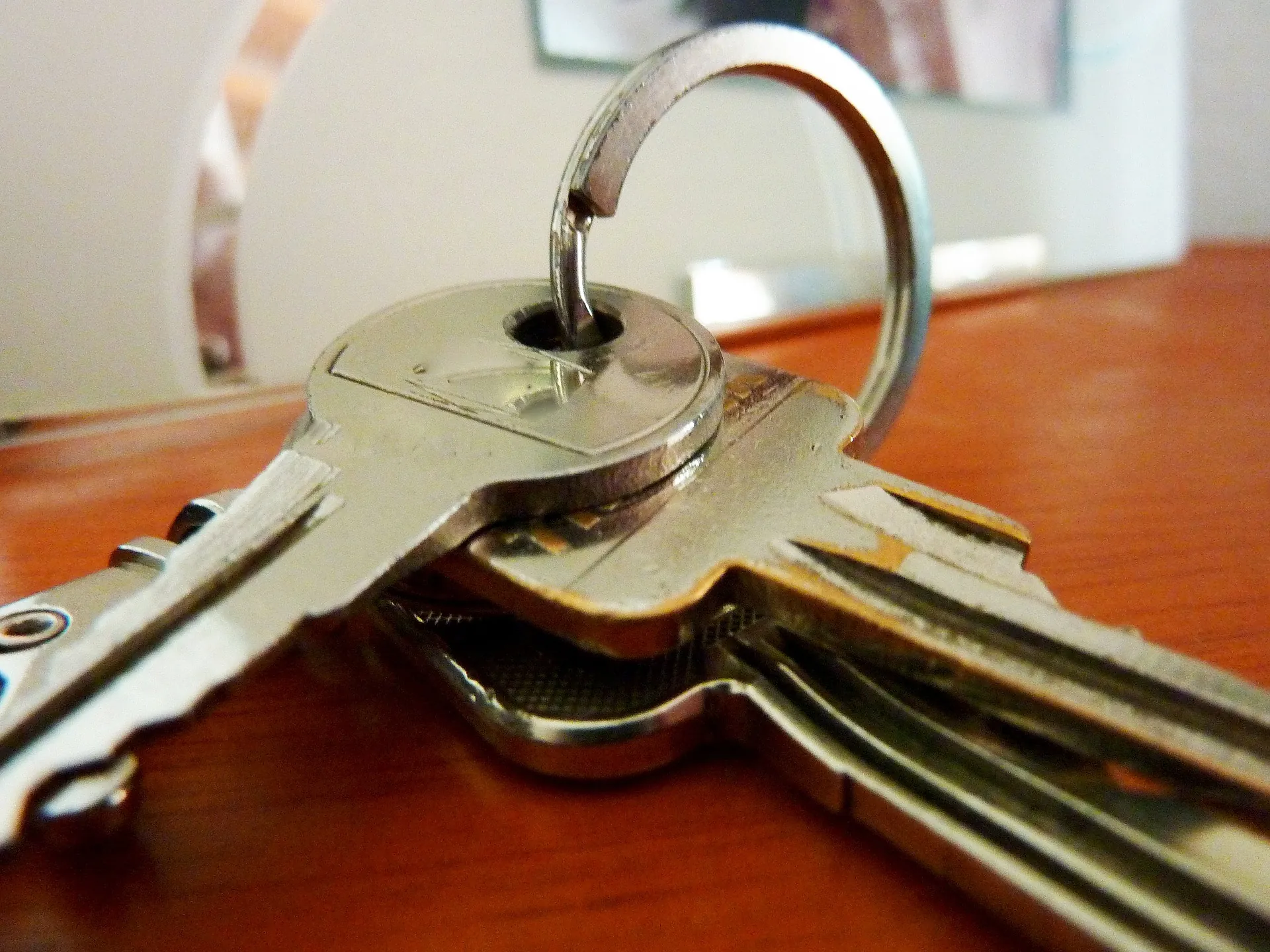 If you had a drink (or two) before getting behind the wheel of your vehicle and driving, the sight of flashing lights in the rearview mirror is not likely a welcome sight. Instead, it probably means you are going to jail. If this recently happened to you, and you are now facing charges for driving under the influence (DUI) in the State of Nebraska, you undoubtedly already know that a conviction will come with a number of negative ramifications, both judicial and non-judicial. Contrary to what the arresting officer and the prosecuting attorney would like you to believe, a conviction is not a foregone conclusion. In fact, any one of the following top four DUI defense strategies might be the key to preventing a conviction.
If you had a drink (or two) before getting behind the wheel of your vehicle and driving, the sight of flashing lights in the rearview mirror is not likely a welcome sight. Instead, it probably means you are going to jail. If this recently happened to you, and you are now facing charges for driving under the influence (DUI) in the State of Nebraska, you undoubtedly already know that a conviction will come with a number of negative ramifications, both judicial and non-judicial. Contrary to what the arresting officer and the prosecuting attorney would like you to believe, a conviction is not a foregone conclusion. In fact, any one of the following top four DUI defense strategies might be the key to preventing a conviction.
- Challenging the Stop. This is an area of much confusion. Although it may seem as though an officer can stop you without having a valid reason (because they do sometimes do so), the law says that a law enforcement officer must have a legally sufficient reason for conducting a traffic stop. That reason could be as flimsy as an inoperable tail light, but there must be a legally sufficient reason. If the officer did not have sufficient reason, the entire stop may be declared illegal and any evidence obtained during the stop could be declared inadmissible at trial.
- Challenging the Chemical Test Results. During the stop that led to your arrest, the officer likely asked you to submit to a chemical test to check for the presence of alcohol in your system. Contrary to popular belief, breath test machines are not 100 percent accurate nor are they infallible. Test results could be inaccurate for many reasons, including:
- Lack of training on the part of the officer that conducted the test
- Failing to properly calibrate and/or maintain the machine
- Not waiting for the required observation period
- Medical conditions you might have
- The “Rising Alcohol Level (RAL)” Defense. If you consumed alcohol just prior to operating your vehicle, the alcohol in your system may still have been rising, causing you to test with a higher blood alcohol concentration (BAC) than you actually had when you were operating your vehicle. This is known as the “Rising Alcohol Level (RAL)” defense. The RAL defense is predicated on the manner in which alcohol is absorbed into your bloodstream. When you consume alcohol, it takes time for that alcohol to make its way through your body and into your bloodstream. A number of variables will influence the rate at which alcohol is absorbed by your body, including your sex, weight, the last time you ate, and any medical conditions you may have. Typically, however, it takes anywhere from 30 minutes to 90 minutes for alcohol to be fully absorbed into your bloodstream. As that alcohol is being absorbed by your body, your BAC level will slowly rise. The timing of your chemical test, therefore, can be a critical piece of the puzzle in determining whether you were, in fact, driving under the influence.
- Questioning the Chain of Custody. This challenges how the State handled evidence in your case. If a blood draw was used to check for the presence of alcohol in your blood. The law is very clear with regard to how evidence, such as the blood, must be handled. Referred to as the “chain of custody,” evidence must be protected and accounted for from the moment it is collected until the moment of trial. Any break in the chain of custody could result in the evidence being excluded from trial.
Contact a Nebraska DUI Defense Lawyer
If you have been arrested for driving under the influence (DUI) in the State of Nebraska, contact an Omaha DUI lawyer at Petersen Law Office 24 hours a day at 402-513-2180 to discuss your case with an experienced DUID defense lawyer.


